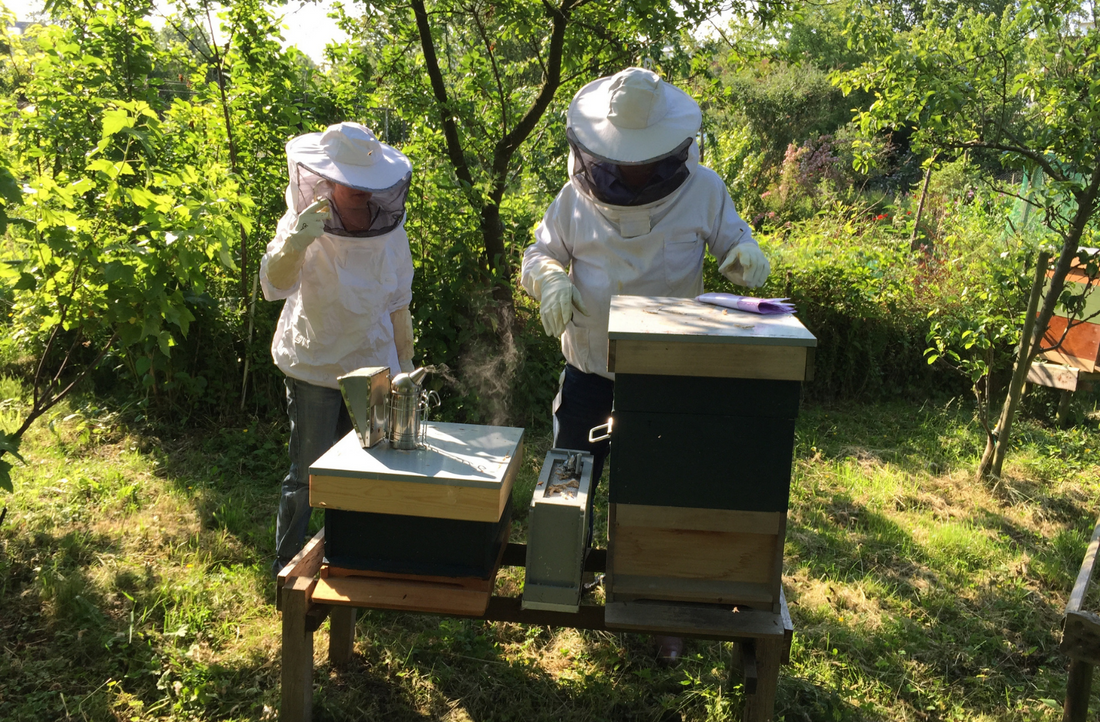
What Do You Need To Know About Hive Robbery?
Honey bees are known for their industrious nature, and for good reason. They work hard to produce honey, which is used as food for the colony. However, this industriousness also extends to honey bee stealing tactics. Various species of bees are known to steal honey from other hives, often with serious consequences. In this blog, we will explore some of the methods used by bees to rob hives, as well as the consequences of these thefts.
Smash-And-Grab
One of the most common methods used by bees for hive robbery is called the smash-and-grab. This technique involves the bee flying into the hive and smashing it with its body. The force of the impact breaks open the honeycomb, allowing the bee to access the honey. This method is often used by solitary bees, such as bumblebees.
Tunneling
Another common method used by bees to rob hives is called tunneling. This technique involves the bee digging a tunnel into the side of the hive. The bee then uses its tongue to lap up the honey from inside the hive. This method is often used by social bees, such as honeybees.
The consequences of hive robbery can be serious. If a bee is caught in the act of stealing honey, it may be killed by the other bees in the hive. Furthermore, if a bee breaks into a hive and eats too much honey, it can become sick or even die. When bees steal honey from hives, they not only put themselves at risk but also the entire colony.
Looking For Hints
You can't avoid robberies if you don't realize they're taking place. As with all beekeeping, it's critical to keep a close eye on your bees and watch for unusual behavior, particularly during a nectar dearth.
Signs Of A Scuffle
- Bees congregate on the landing board or in the air in pairs or groups.
- In or near the hive, there are an unusually large number of dead bees.

- Bees that appear glossy and jet-black rather than fuzzy - this is due to hair loss in fights.
Scent Of Propolis
- Bees may use propolis (resin from plants) to repair damage to the hive or to protect the entrance from robbers.
- If you see an increase in propolis, it may be a sign that bees are preparing for or defending against robbers.
Signs Of Invaders
- When bees detect a hole in the outside of your home, they will most likely try to get inside via cracks and seams on the surface.
- Wasp swarms tend to follow robbing bees, so keep an eye out for them.
- Robbing bees, like wasps, will sway from side to side as they wait on the hive.
- When robbing bees arrive at the hive, they aren't laden with pollen.
Unusual Sounds
Hives that are being robbed often make a buzzing sound. This is due to the large number of bees flying in and out of the hive. If you hear this sound, investigate immediately to check for hive robbery.
Pro Tips
Every beekeeper knows that robbing is a problem to be avoided. Not only does it put stress on the bees, but it can also lead to disease and even death. There are a few simple measures that can be taken to prevent robbing.
- Smoke them with a bee smoker. This will disorient the bees and make it difficult for them to find their way back to their own hive.
- It’s important to never leave honey out in the open near the hives. The smell of honey is sure to attract other bees from miles around.
- Place a barrier, such as a wire fence, around the hive. This barrier will prevent bees from being able to smash their way into the hive.
- Another method is to keep the entrance to the hive well-lit. This will discourage bees from attempting to tunnel into the hive.
- Do not feed outside of the hive
- Reduce the entrance of your hive so bees of your hive will guard the hive and would let robber bees enter in their colony. Robbing happens when your hive is weak and there is less number of bees. so keeping your bees healthy and strong is your best defence. If it happens anyway, be prepared to act quickly and you may be able to save your hive.

- Beekeepers can also treat their hives with chemicals that deter bees from stealing honey.
- If you feed your bees sugar syrup, be sure to put the feeder inside the hive and away from the entrance. This will prevent any syrup from spilling and attracting Robber bees.
- Finally, when you’re handling sugar syrup, take care not to spill any around the hive. Even a few drops can be enough to attract a robbing bee.
By following these simple tips, you can help prevent robbing and keep your hives healthy and productive.
BEE-Careful
Hive Robbery is a serious problem for beekeepers. Not only does it put stress on the bees, but it can also lead to disease and even death. There are a few simple measures that can be taken to prevent robbing, such as smoking the bees with a bee smoker, placing a barrier around the hive, or treating the hives with chemicals that deter bees from stealing honey. By following these simple tips, you can help prevent robbing and keep your hives healthy and productive.
